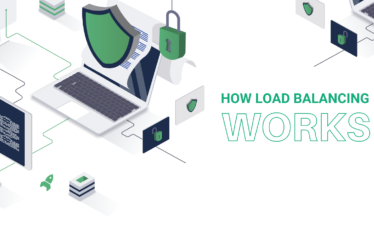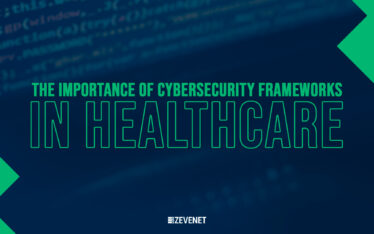This edition of the Netdev Conference 0x13 has been driven by a great organization and the high quality of the talks and open discussions. The broad variety of companies, technologies and profiles gives to this community event an important reference to the Linux Networking environment. All of that, joined with the highlighted presence of people from the IETF community.
Some topics that have being treated during the Conference are the different approaches and discussions about hardware offload, mainly by NICs vendors, which show the high resources that those dedicate despite the preference of cloud providers and big infrastructure corporations to use bare metal hardware with software level optimizations.
Cloud and big data center corporations also pointed out that kernel upgrades are currently a big problem in their infrastructure. Some of them prefers to maintain older kernels in order to avoid the migration and to maintain a more stable code.
It is noticed that TCP was not very well designed to scale, so another hot topic came with the proposals to make TCP protocol more efficient in regards to the recent implementation of TCP Prague congestion control, the DualPI classification queues and the ECN analysis to be optimized.
Open discussions like the use of available ranges in IPv4 or jump to IPv6 has taken place, facing the real support of the community to encourage the use of IPv6.
Several talks about QUIC protocol show that this new protocol designed in user space to improve web scale is not the future, it’s indeed the present.
Containers and Kubernetes had also their place with proposals to improve the communication inner-node with the new socket type AF_GRAFT allowing to bypass the networking stack.
XDP and eBPF had also their space, the first to highlight the speed of dropping packets and low level load balancing options, and the second in regards of the usability to extend the TCP stack without having to change kernel code. We still are wondering when the XDP hook will be available for other subsystems.
Other interesting talks about the removal of indirect calls in the Netfilter Conntrack component that will benefit to the speed of the connection tracking, the new features of the nftables load balancer, the FRR routing daemon that will be reimplemented with event-driven methodologies, TC connecting with the connection tracking, among other improvements in different subsystems of the Linux networking environment.
Finally, thank you to the organization. Zevenet Team is proud to support such kind of open source community-driven conference.





